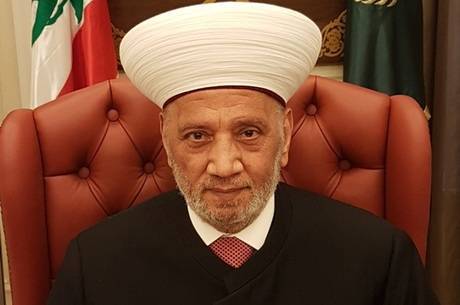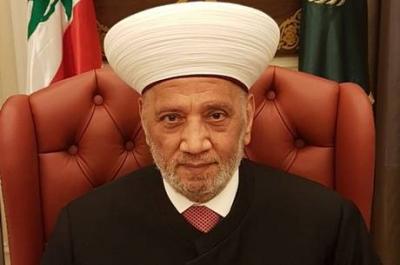The Zakat Fund in Lebanon, affiliated with the Dar al-Fatwa, held an iftar event at “BIEL,” under the patronage of the Grand Mufti of the Republic, Sheikh Abdul Latif Deryan, and in the presence of numerous political, military, syndicate, media, and social figures, along with heads of Islamic associations.
The Grand Mufti stated that “the fund responds to the growing needs of a large segment of the population who have been affected by the circumstances of internal wars. Despite the fact that Zakat funds have helped hundreds of thousands, its most significant success has been its sustainability. We are nearing the fortieth year of the fund’s existence, and it still stands strong and even thrives. The secret to this prosperity is divided into three parts: first, the sincerity of those who established it; nothing surpasses dedication in succeeding institutions. Second, the trust within the community and its leaders since the fund was established by the pillars of society, who created and continue to create new and advanced initiatives in goodness and generosity. The third aspect of the success of the Zakat community is the community itself that has engaged in the fund through donations, establishment, and initiatives.”
He added: “The Zakat Fund has revived a community of goodness in Lebanon, and it has become a refuge and destination for the poor, motivating many to renew awareness of social duties and ethics, and to engage in creating something new and advanced.”
He noted that “what should be said amid these challenges is that the political community, which should play a positive role in setting matters right, is not fulfilling its minimum duties. We are in situations where we can no longer conceal or read thoughts. Thus, I point the finger of accusation at the responsible segment more than others for our current misery and suffering; it is the political community that needs reevaluation and to regain a sense of national responsibility.”
He concluded: “The Dar al-Fatwa is keen on Lebanon and the rights of all its components under the umbrella of the state and its institutions, and we rely on the wisdom of officials to find solutions to our crises, foremost among which is the election of a president who unites the Lebanese and acts as a mediator among the authorities, to be a model of the good ruler who is concerned for his people.”




